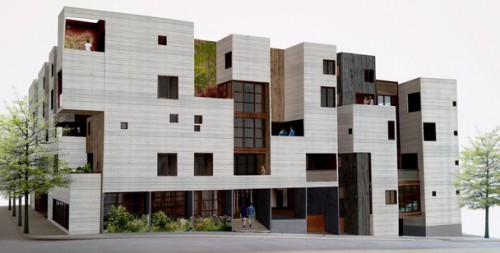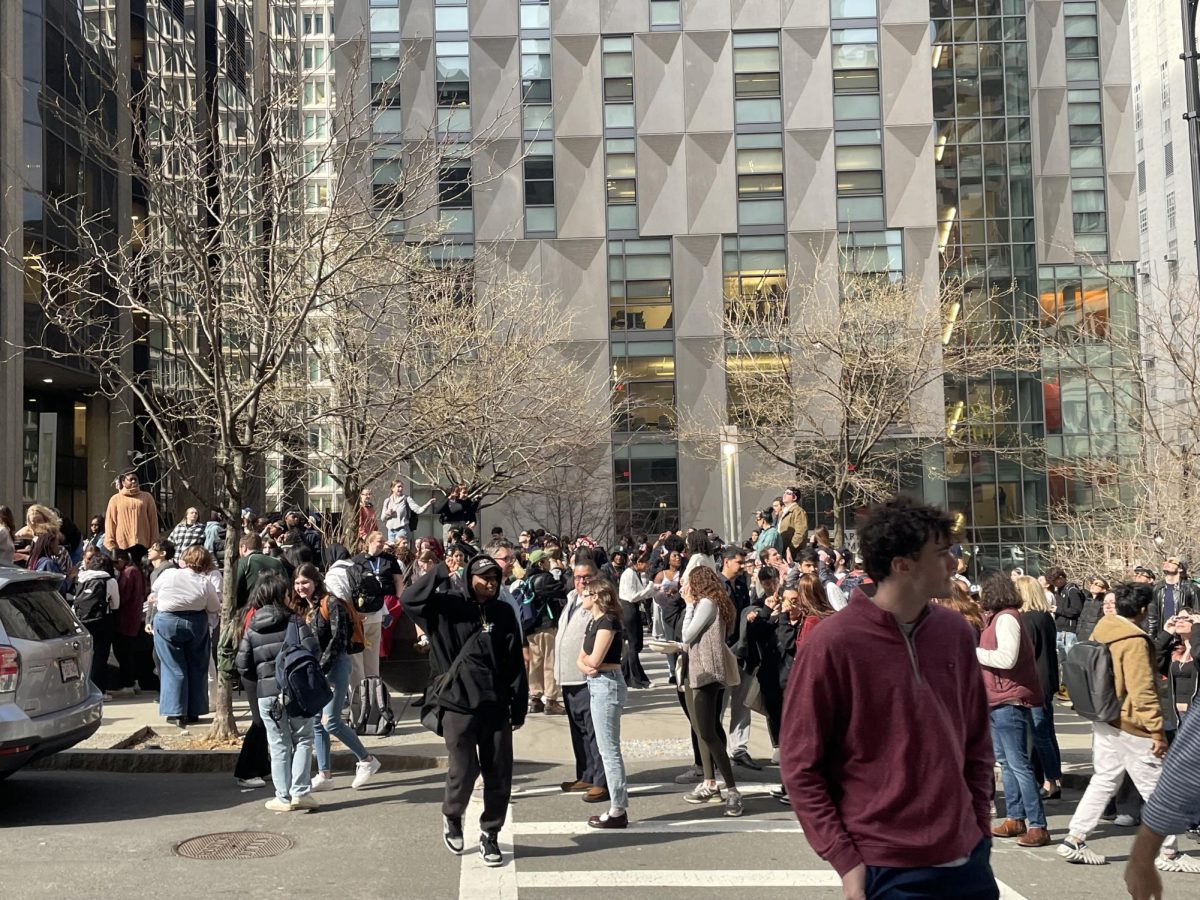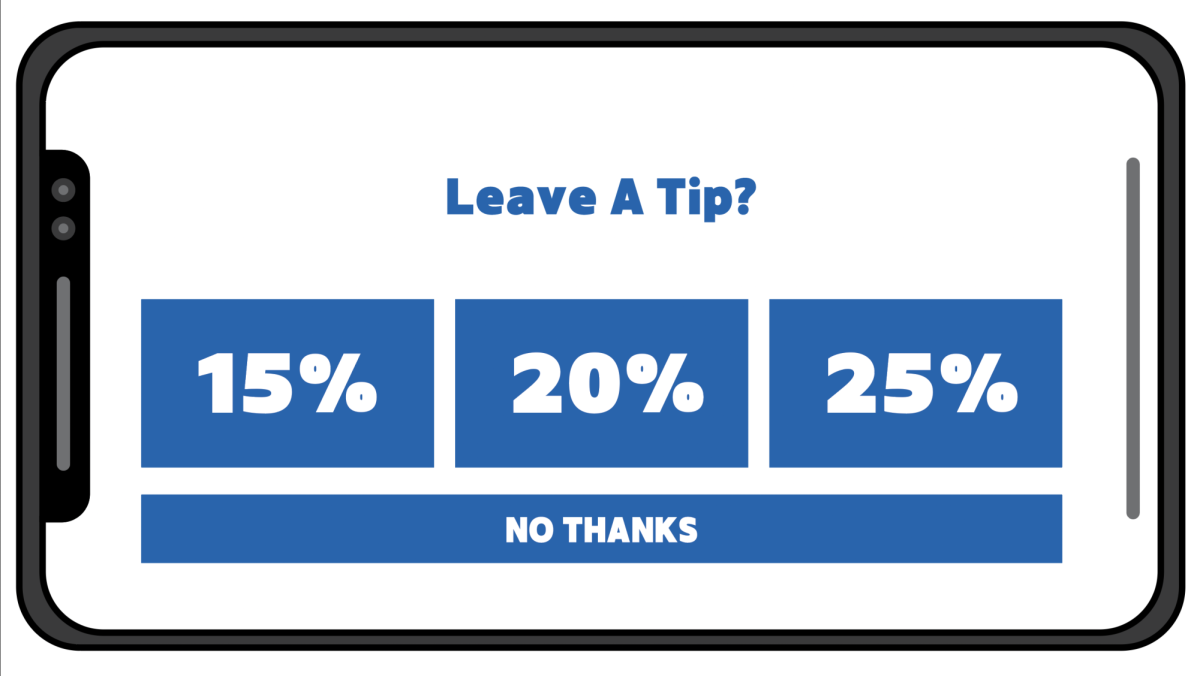In the latest case of Boston trying desperately to not act like an actual city, a group of car zealots wielding too much power over Boston’s development process were able to hijack plans for a car-less apartment building in Allston. The proposed development – to be built just outside of Union Square at the corner of North Beacon and Everett streets – was to include 44 residential units, ground retail, and only six parking spaces (for Zipcar car-sharing only.)
Local residents caught wind of the plot and were able to threaten to hold-up the project unless some changes or assurances were made. The fear was that residents of the building would still own vehicles and simply park them on local roads where spaces are already few and far between.
The developer, Sebastian Mariscal, promised that he would require all residents to sign an agreement to not own a car in order to quell the fears of local car owners. However, area residents remained skeptical and would not budge from their position that parking must be required.
After going through nearly a year of preliminary permitting with the Boston Redevelopment Authority, Mariscal caved last week and decided to include a 40-car parking garage underneath the new apartment building. Despite this, prospective residents are still required to agree to not own a car in exchange for leasing an apartment.
The debacle highlights some serious problems in city planning and permitting, and begs the question as to why there isn’t serious reform of the development process in Boston. The fact that this developer was forced to conform his own project on his own property to the will of other residents is rather alarming, especially when it is simply in regards to parking requirements.
If the city of Boston and the Boston Redevelopment Authority were seeking to improve the city, they would recognize that projects such as this are beneficial to the city’s future and would remove the hurdles in the way. Instead, Allston’s – and many other neighborhoods ripe with walking, cycling, and transit options – will continue to have parking minimum requirements.
Any developer who seeks to provide cheaper residential units and lessen Boston’s reliance on the car will continue to face stiff opposition from self-entitled neighbors and ill-advised city agencies. The Union Square area has major bus routes running through it, is a short walk to the Green Line, and will even have a new commuter rail station down the street.
There is no need to twist arms in order to require parking when alternatives to cars are so plentiful. In addition to this, the neighborhood itself is rich with retail within reasonable walking distance. With little need to hop on a bike or a bus for a long haul, the parking dilemma becomes even more perplexing.
Due to the changes in the development, Mariscal will be forced to charge higher rents due to the increased construction costs. There will also be an addition of parking to the area, inviting more traffic to the area, along with the pollution that comes with it. Perhaps one day the development process will give fair treatment to all developers and residents, rather than putting power in the hands of a few naysayers.








